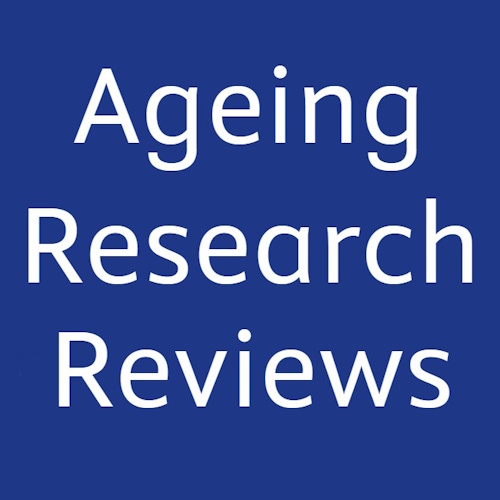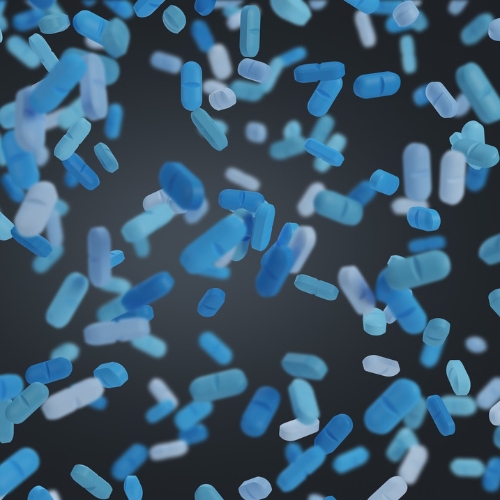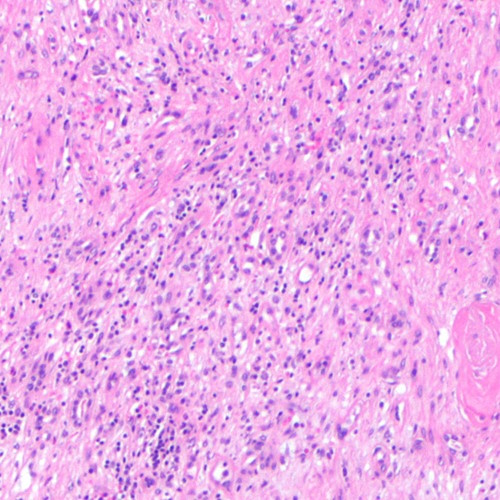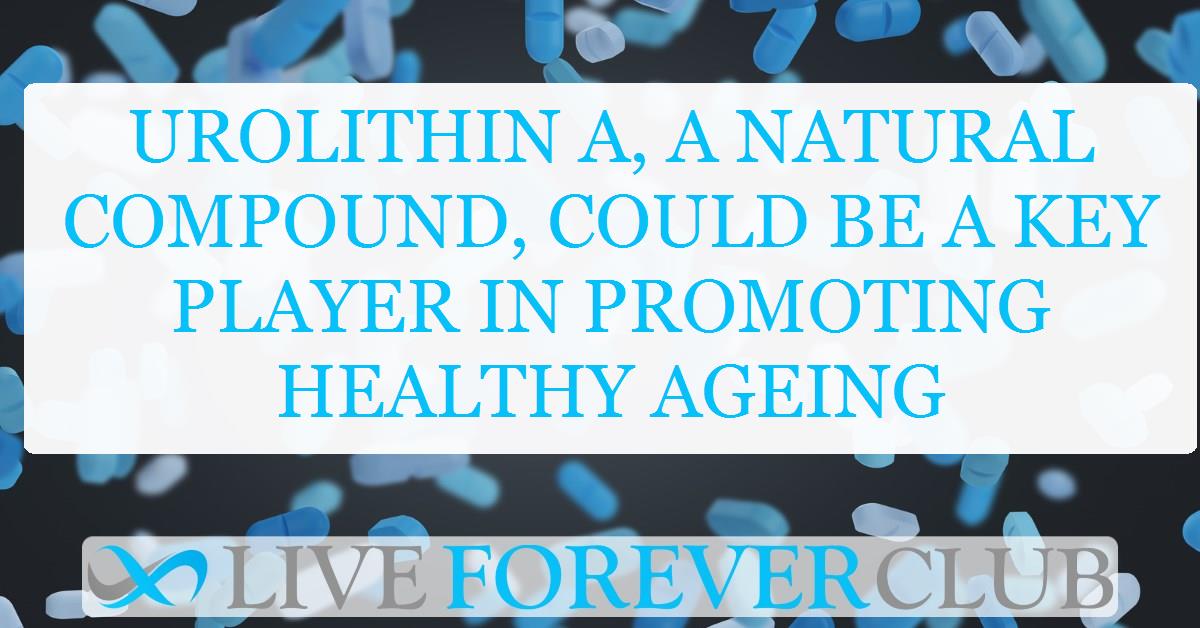The quest for a longer, healthier life has always intrigued humanity. From ancient elixirs to modern science, the pursuit of longevity continues to evolve. Today, we stand on the brink of a new era in healthy ageing, thanks to a remarkable compound called Urolithin A (UA). Derived from natural sources like pomegranates, walnuts, and raspberries, UA offers promising potential in extending healthspan—the period of life spent in good health.
What is Urolithin A?
Origins and Natural Sources
Urolithin A is a gut metabolite derived from ellagic acid, a compound found in various fruits and nuts. When we consume foods rich in ellagitannins, such as pomegranates, walnuts, and raspberries, our gut microbiota metabolises these compounds into Urolithin A. However, not everyone produces UA in the same amounts; this depends on individual gut microbiota composition and metabolic phenotype.
How Urolithin A is Produced in the Body
Ellagitannins are first hydrolysed to ellagic acid in the gut, which is then further metabolised into urolithins by specific gut bacteria. The production of UA can vary significantly among individuals, influenced by factors such as age and gut microbiota diversity. Research indicates that about 40% of adults can generate UA after consuming pomegranate juice, but direct supplementation can achieve much higher plasma levels.
The Science Behind Urolithin A
The Biological Impact: Mitochondrial Function and Inflammation
UA has shown promising effects on mitochondrial function and inflammation, key factors in ageing. Mitochondria, often referred to as the powerhouses of the cell, play a crucial role in energy production. Over time, mitochondrial function declines, leading to various age-related diseases. UA helps by promoting mitochondrial health, improving markers of autophagy (the process by which cells remove damaged components), and enhancing fatty acid oxidation.
The Human Studies: Dosage and Results
Recent research has delved into the potential health benefits of Urolithin A (UA) in humans, particularly focusing on its geroprotective properties—qualities that may help protect against the physical decline associated with ageing. These studies aimed to evaluate how UA supplementation impacts various biological markers and physical performance in healthy individuals.
Study Design and Dosage
Five separate studies were conducted, involving a total of 250 healthy participants. The design of these studies varied, with UA doses ranging from 10 mg to 1000 mg per day. The duration of supplementation also differed, spanning from 28 days to 4 months. This range of dosages and timeframes allowed researchers to observe both short-term and longer-term effects of UA on human health.
Inflammatory Markers
Interleukin-1 Beta (IL-1ß) and C-Reactive Protein (CRP)
Inflammation is a key factor in the ageing process and many age-related diseases. IL-1ß and CRP are well-known inflammatory markers used to assess the level of inflammation in the body. Elevated levels of these markers are often associated with chronic inflammatory conditions.
IL-1ß: This cytokine plays a crucial role in the inflammatory response. High levels of IL-1ß are linked to a variety of inflammatory diseases, making it a critical target for interventions aimed at reducing inflammation.
CRP: This protein is produced by the liver in response to inflammation. CRP levels increase when there's inflammation in the body, serving as a general marker for inflammatory activity.
Dose-Dependent Anti-Inflammatory Effects
The studies found that UA supplementation led to significant reductions in IL-1ß and CRP levels, indicating strong anti-inflammatory effects. These reductions were dose-dependent, meaning higher doses of UA resulted in greater decreases in these inflammatory markers. This suggests that UA could effectively lower inflammation, potentially reducing the risk of chronic diseases associated with ageing.
Mitochondrial Gene Upregulation
Mitochondria are the energy powerhouses of cells, crucial for maintaining cellular function and overall health. As we age, mitochondrial function tends to decline, contributing to age-related physical decline.
The studies observed that UA supplementation upregulated some mitochondrial genes. Gene upregulation means that the activity of certain genes increased, leading to higher production of the proteins they encode. This can enhance mitochondrial function, improving the efficiency and capacity of these organelles to produce energy.
Muscle Strength and Endurance
Ageing often leads to a decline in muscle strength and endurance, impacting physical performance and quality of life. The studies showed that UA supplementation positively affected muscle strength and endurance, suggesting it could help older adults maintain their physical capabilities.
Participants who took UA experienced improvements in muscle performance, likely due to the enhanced mitochondrial function and reduced inflammation. This can have significant implications for ageing individuals, potentially helping them stay active and healthy for longer.
ATP Production and Mitochondrial Biogenesis
ATP Production: Adenosine triphosphate (ATP) is the primary energy currency of cells. Mitochondria produce ATP through cellular respiration, providing energy for various cellular processes.
Mitochondrial Biogenesis: This process involves the formation of new mitochondria within cells. It's essential for maintaining mitochondrial function, especially as existing mitochondria become damaged or less efficient with age.
Despite the positive effects on inflammation and muscle performance, the studies found that UA did not significantly impact mitochondrial maximal ATP production or mitochondrial biogenesis. This means that while UA improved certain aspects of mitochondrial function, it didn't increase the overall number of mitochondria or their peak energy production capacity.
Real-World Applications of Urolithin A
The potential health benefits of UA extend beyond mitochondrial function and inflammation. Studies suggest that UA can improve muscle strength and endurance, making it a valuable supplement for older adults looking to maintain physical function. Additionally, its anti-inflammatory properties may help mitigate the risks of chronic diseases associated with ageing.
UA stands out among other anti-ageing compounds due to its unique mechanism of action. While many supplements focus on antioxidant properties, UA targets the core of cellular energy production—mitochondria. By enhancing mitochondrial health, UA addresses a fundamental aspect of ageing, potentially offering more substantial and long-lasting benefits.
The Road Ahead: Future Research and Developments
The scientific community continues to explore the full potential of UA. Ongoing studies aim to investigate its effects across various physiological systems and over longer intervention periods. Researchers are also looking into the optimal dosages and combinations with other compounds to maximise its benefits.
As research progresses, we can anticipate more comprehensive guidelines for UA supplementation and its integration into anti-ageing regimens. Future developments may include personalised approaches based on individual gut microbiota profiles, ensuring that everyone can harness the full potential of UA.
Urolithin A represents a promising frontier in the science of ageing. By targeting mitochondrial health and reducing inflammation, UA offers a novel approach to extending healthspan and improving quality of life as we age. As we continue to uncover its benefits and refine its applications, UA has the potential to revolutionise how we approach healthy ageing, ushering in a new era of longevity and vitality.
The study is published in the journal Ageing Research Reviews. It was led by Andrea B. Maier from the National University of Singapore.







